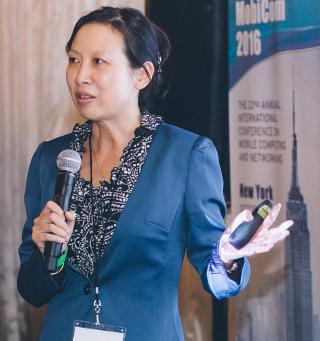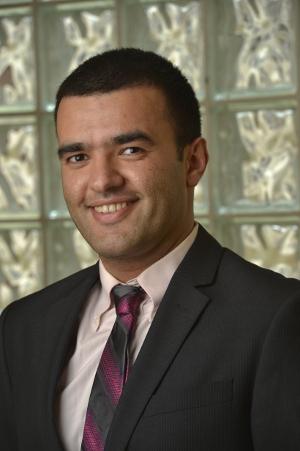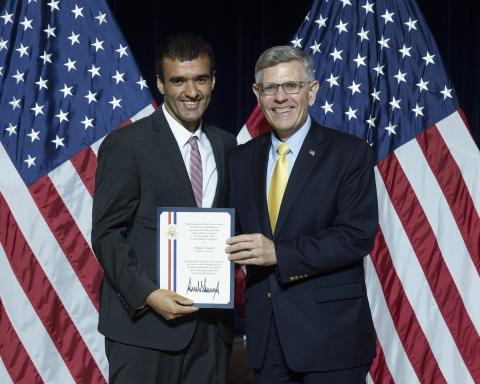Laleh Najafizadeh receives Exploratory NSF Grant for Assistive Technologies in the Treatment of Spinal Cord Injury
ECE Associate Professor Laleh Najafizadeh is the recipient of an exploratory EAGER NSF award for the project "Adapting Multi-Modal BCI-Based Assistive Technologies for Patients with High Spinal Cord Injury." This is a 1 year $120,000 award from the NSF.
In this project, Laleh will advance brain computer interface (BCI) technology by bringing the technology closer to the needs of patients with high spinal cord injury (SCI). While BCI-based assistive technologies hold a great promise to improve the quality of life of patients with SCI by enabling them to independently perform simple activities of their daily life, several factors have prevented their successful application in practical and clinical settings. A major contributing factor to this problem is related to the secondary health conditions (e.g. chronic pain) that are developed as a result of SCI, but have been largely ignored in BCI research. The presence of pain can negatively impact the control signals acquired from BCIs, and consequently, compromise the operation of the assistive device, thereby, adding to stress, discomfort, and depression for the patient. Using innovative approaches and experiments, this research aims to investigate how pain impacts the operation of multi-modal BCIs. The outcome of this work is expected to provide guidelines for developing effective methods that aid in realizing robust and high-performance BCI-based assistive technologies for SCI patients.
The project details can be found here:
https://www.nsf.gov/awardsearch/showAward?AWD_ID=1841087&HistoricalAwards=false
Congratulations, Laleh!









